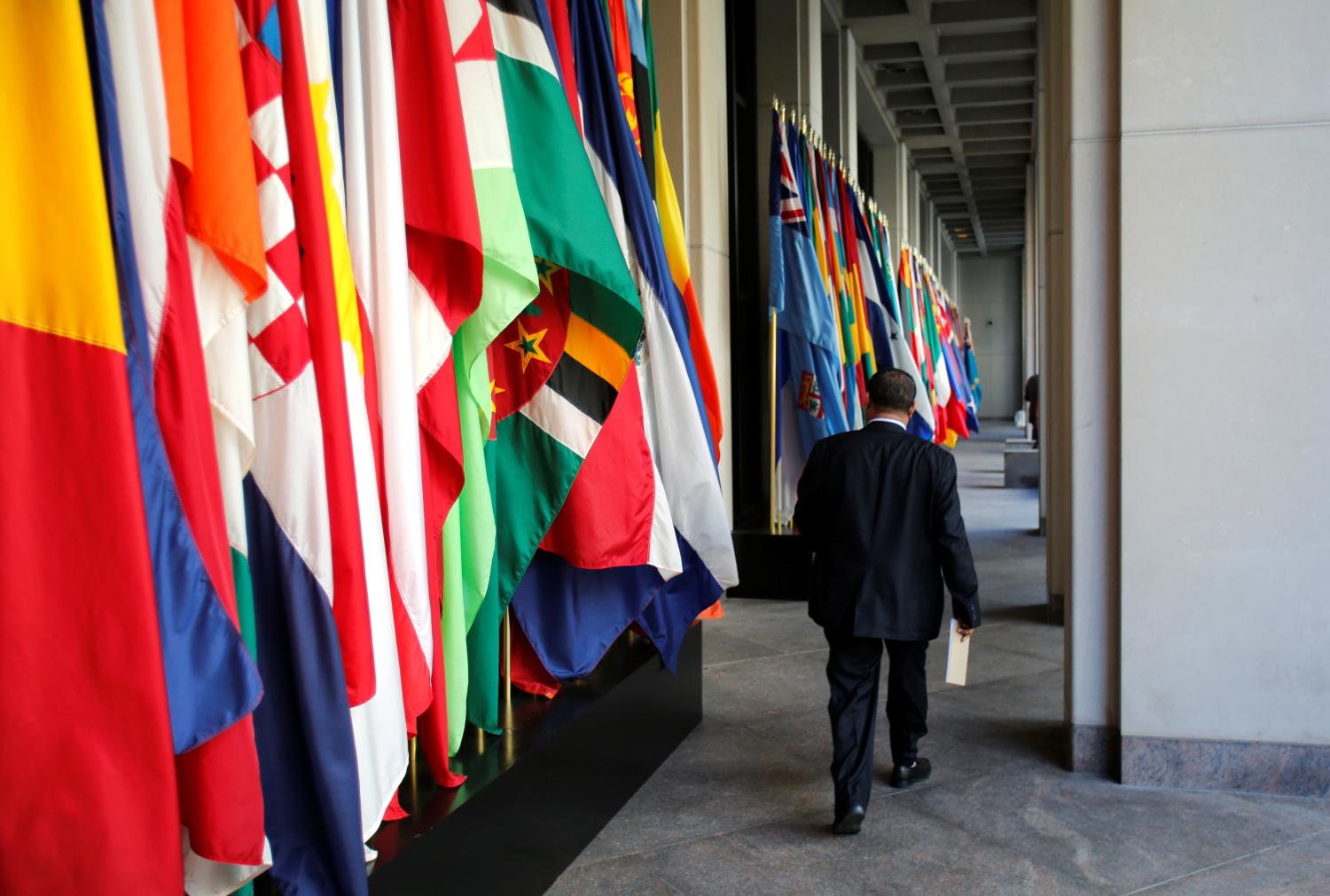Introduction
For long-time observers of foreign aid, “make poverty history” in Africa and other poor countries has some disquieting signs. The United Nations, the World Bank, the IMF, and the national aid agencies have signed on to an ambitious project called the “Millennium Development Goals,” in which poverty rates, infant mortality, and other key indicators of low development would be dramatically reduced by the year 2015. To achieve this, aid agencies have embraced and advocated a program of large aid increases. There is a long debate about how effective is foreign aid at creating economic development and eliminating poverty, going back to Rostow (1960), Chenery and Strout (1966), Bauer (1972), Cassen (1987), World Bank (1998), the UN Millennium Commission (2005), Sachs (2005), and Easterly (2006). Yet despite sharply contrasting views on the effectiveness of aid, there is a surprising degree of unanimity that the aid system is today deeply flawed and could be much improved. For example, UK Prime Minister Tony Blair’s Commission for Africa (2005), which called for large increases in aid to Africa, had this to say:
the system for allocating aid to African countries remains haphazard, uncoordinated and unfocused. Some donors continue to commit errors that, at best, reduce the effectiveness of aid. At worst, they undermine the long-term development prospects of those they are supposed to be helping. Rich countries pursue their own fixations and fads… They tie aid so that it can only be used to buy the donor’s own products or services—effectively reducing the value of aid by as much as 30 per cent. …They continue to attach unnecessarily detailed conditions to aid packages. They insist on demanding, cumbersome, time-consuming accounting and monitoring systems—and refuse to link with the recipient’s systems. They are insufficiently flexible when it comes to reallocating aid to new priorities in the face of a national emergency. (p. 58)
Similarly, the UN Millennium Project (2005a) led by Jeffrey Sachs, one of the most emphatic proponents of increased aid, has a chapter in its main report entitled “Fixing the aid system,” which begins:
Many national strategies will require significant international support. But the international system is ill equipped to provide it because of a shortage of supportive rules, effective institutional arrangements, and above all resolve to translate commitments to action. (p. 193)
The companion Overview report (UN Millennium Project 2005b, pp. 38-39) complains that “Development finance is of very poor quality” (referring to bilateral aid) and that “Multilateral agencies are not coordinating their support.”
This dissatisfaction with the aid system is not new. Indeed, one of the important early statements of foreign aid policy, John F. Kennedy’s 1961 message to Congress proposing a large increase in foreign aid begins with the statement: “Existing foreign aid programs and concepts are largely unsatisfactory and unsuited for our needs and for the needs of the underdeveloped world as it enters the sixties.”
The Brookings Institution is committed to quality, independence, and impact.
We are supported by a diverse array of funders. In line with our values and policies, each Brookings publication represents the sole views of its author(s).



